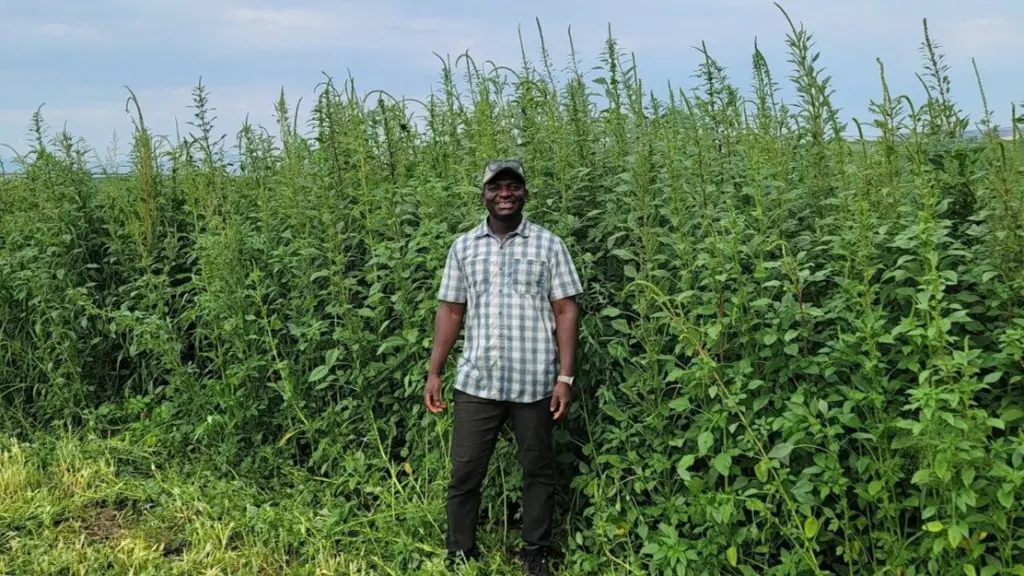BOISE, ID — The University of Idaho’s annual Sugar Beet Conference will shift from Burley to Boise this year, bringing growers, researchers and industry leaders together on Thursday, Dec. 4, to tackle an array of escalating challenges facing sugar beet production across the region.
Organizers expect roughly 250 attendees at the one-day event, held from 9 a.m. to 4 p.m. at the Boise Centre. The conference, cohosted by Amalgamated Sugar Co., will run alongside the company’s annual shareholders meeting scheduled for the following day. Registration costs $30 online through Nov. 21 and increases to $45 at the door. Lunch and a trade show are included.
A major focus of the conference will be the rapid spread of herbicide-resistant pigweeds — particularly Palmer amaranth — which have taken hold across southern Idaho. According to University of Idaho Extension weed scientist Albert Adjesiwor and collaborating researchers, Palmer amaranth has now been confirmed at 164 locations affecting an estimated 9,000 acres. More than 85% of tested samples were resistant to glyphosate, the herbicide sugar beet growers rely on due to glyphosate-tolerant seed varieties.
Clarke Alder of Betaseed will present updates on the growing threat and discuss strategies to safeguard yields. In severe cases, Palmer amaranth has reduced sugar beet production by nearly half in affected Idaho fields.
Growers will also hear about the emergency authorization granted in early 2025 for the use of metamitron — sold under the brand name Goltix — a pre-emergence herbicide effective against the weed. “We’ve been trying to convince people to use it, but I understand it costs money,” Adjesiwor said in the release.
Another resistant pigweed, waterhemp, is also expanding through the region and will be addressed during the program.
Conference sessions will open with an overview of new pesticide-application buffer requirements triggered by Endangered Species Act updates. Oliver Neher, chief scientist and senior plant pathologist with Amalgamated Sugar, will lead the regulatory segment.
UI Extension entomologist Erik Wenninger will share new research on managing sugar beet root maggot, including tools designed to help growers determine optimal insecticide timing. The pest can reduce yields by up to 40%.
Additional topics on the agenda include:
- Farm succession planning
- Ongoing sugar beet research
- Farmer mental health
- CR+ fungicide issues
- Nutrient and irrigation management
- Introduction of Emily Bedwell, UI Extension’s new irrigation specialist





